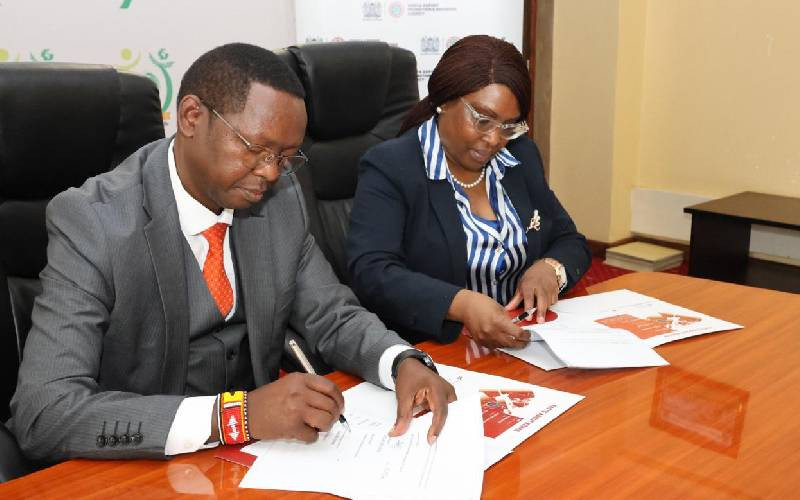×
The Standard e-Paper
Smart Minds Choose Us

Two State agencies have partnered in a new initiative that is expected to enhance marketing of Kenyan coffee locally and abroad..
The Kenya Export Promotion and Branding Agency (Keproba) and the Coffee Directorate, which operates under the Agriculture and Food Authority (AFA), have developed the new partnership that will see both institutions coordinate Kenya's marketing efforts in emerging and established coffee markets.